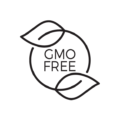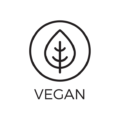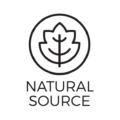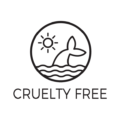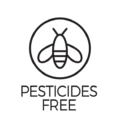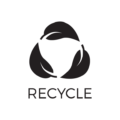- Getting Started
-
by k.mammasis
There are two forms of vitamin D3, vegan and non-vegan. Let’s explore them and find out their key differences.
Most Vitamin D3 products
The majority of vitamin D3 products come from lanolin, a form of grease found in sheep’s wool. Wool yolk, another name for lanolin, is produced by wool-bearing animals, primarily sheep.
Lanolin is a waxy substance that is secreted by the sebaceous glands of sheep and other wool-bearing animals. It is extracted from the wool fibers during the process of cleaning and processing the wool. Lanolin is commonly used in skincare products, as well as in the production of vitamin D3 supplements.
When lanolin is exposed to ultraviolet light, it undergoes a chemical reaction that produces vitamin D3. This vitamin D3 can then be purified and used in dietary supplements. While vitamin D3 can also be obtained from other sources, such as fish oil or mushrooms, lanolin is a common and economical source of vitamin D3 for supplement manufacturers.
Most Vegan Vitamin D3 products
The majority of vegan vitamin D3 products, sometimes referred to as lichen vitamin D3 products, are manufactured from a variety of algae and lichen fungus species. Lichen is a low crusty, leaf-like, or branch-like growth that typically develops on rocks, walls, and trees. Lichen is a slow-growing plant.
It is a composite organism made up of filaments of various fungal species living symbiotically (mutually) with algae or cyanobacteria.
Lichens have unique characteristics that set them apart from their constituent species. Read more about the benefits of using an algae vitamin D3-derived product in this article.
Our Vegan Vitamin D3 is made from algae alone
It is made entirely from non-GMO algae. It is chemically equivalent to animal sources of vitamin D3, such as lanolin from sheep’s wool and animal carcasses, according to NMR studies. As a result, it can be used as a straight replacement for lanolin.
Yet unlike sheep’s wool, the extraction process makes no use of pesticides, therefore there is no danger that the Vitamin D3 substance we use in our functional foods has any residual pesticides. Being made entirely from algae, our vitamin D3 oil is blended uniquely with our high phenolic olive oil in order to maximize bioavailability and absorption. It is suitable for everyone, including vegans and vegetarians. Choosing to go with vegan vs non-vegan vitamin d3 can have a huge impact on sustainability and our planet. Therefore, we strongly encourage you to go with this organic and animal-friendly option.


